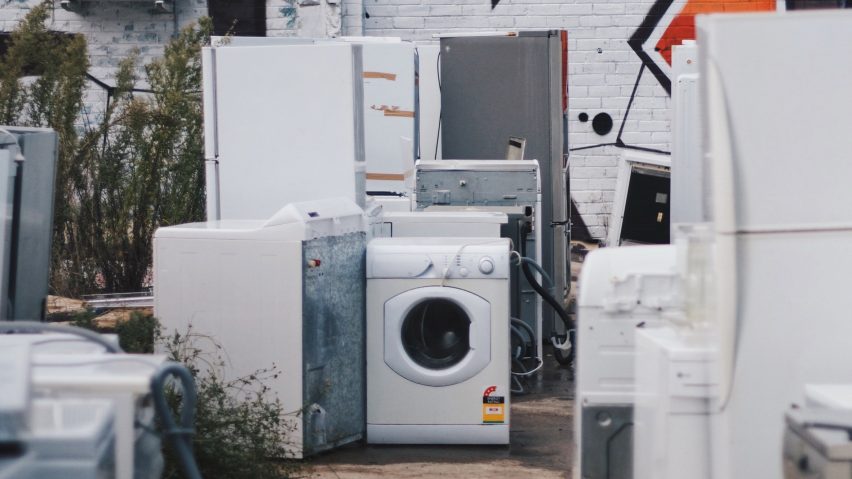
EU recognises "right to repair" in push to make appliances last longer
The European Commission has ratified "right to repair" regulations, which will require manufacturers to design longer-lasting products and make spare parts readily available in a push to reduce waste.
The regulations mark the first time that requirements around repairability have been included in the EU's Ecodesign Framework, which mainly includes energy and water efficiency standards.
As of 2021, the revised standards will apply to electric items including televisions, lighting, fridges, washing machines and dishwashers.
Spare parts must be available for 10 years
The rules mean that the companies will have to make available spare parts to independent professional repairers for up to 10 years after the purchase date.
The regulations also set out that these parts will need to be replaceable using common tools and without damaging the product.
According to EU estimates, the measures together with stricter energy labelling will amount to annual a reduction of more than 46 million tonnes of CO2 per year.
"Figures speak for themselves: these measures can save European households on average €150 per year and contribute to energy savings equal to annual energy consumption of Denmark by 2030," said Jyrki Katainen, European Commission vice-president for jobs, growth, investment and competitiveness.
"It is with concrete steps such as these that Europe as a whole is embracing the circular economy to the benefit of citizens, our environment and European businesses."
Eventually, this should see a reduction of machines ending up in landfill, as well as fewer natural resources and greenhouse gases needed to produce more, newer appliances.
The resolution acknowledges that decisions made at the design stage of a product have a knock on effect on whether a product can later be repaired, maintained and reused.
Legislation a "big thing"
Going forward, this could pressure manufacturers – including from post-Brexit Britain – that want to sell to the EU, to design and re-design products with reassembly and repairability in mind.
The potential of such far-reaching implications led the Financial Times' architecture and design critic Edwin Heathcote to declare the legislation to be a "big thing".
Not included in the EU right to repair rules are devices such as smart phones and laptops, whose irreplaceable batteries and performance-hampering software updates are most often accused of encouraging throwaway culture.
The regulations also do not give consumers the right to repair machines themselves.
Right to repair regulations being considered in USA
Around 20 US states including California, home of Silicon Valley, are also currently considering similar legislation.
Also under mounting pressure from consumers, some technology companies are starting to take action.
Apple, which has consistently lobbied against right to repair legislation in the US and even taken legal actions against unauthorised repair companies, this August announced that it is rolling out an independent repair programme in the States.
This will allow a broader range of companies access to the parts, tools and training needed to fix out of warranty iPhones.
Unlike the current system of Apple Authorized Service Providers, small repair shops would not need to pay to access the programme, with the aim of making repair options more readily available to users.
Miles ahead of this is the Fairphone 3, an "ethical smartphone" which has six removable and replaceable modules, labelled to assist with re-assembly.